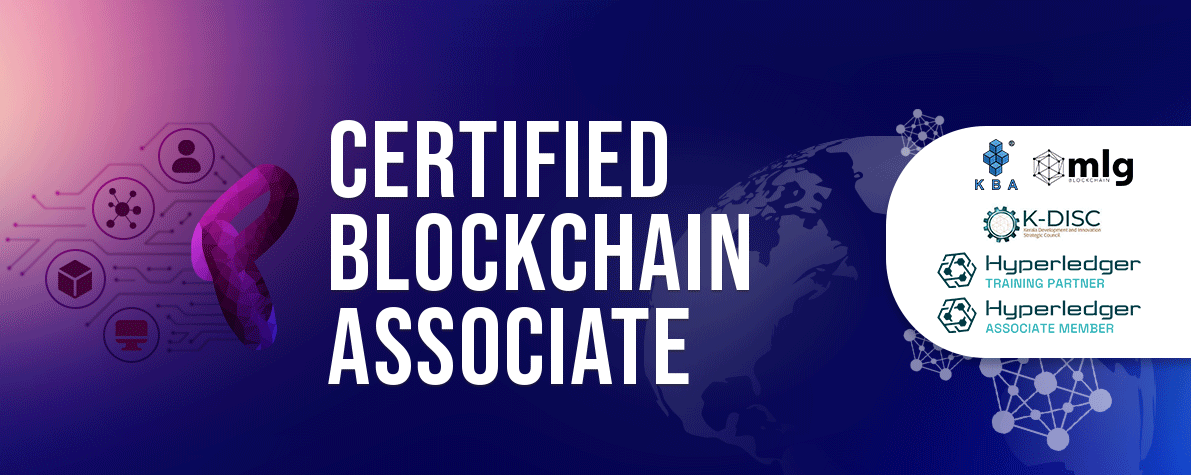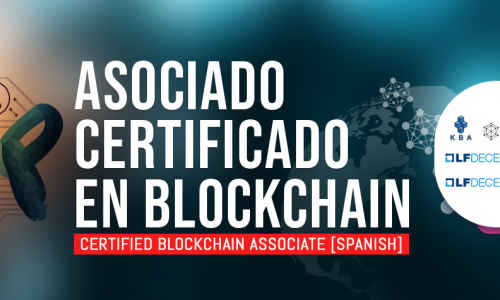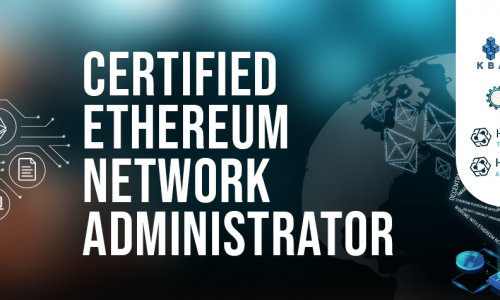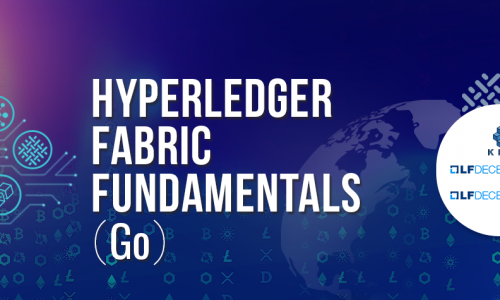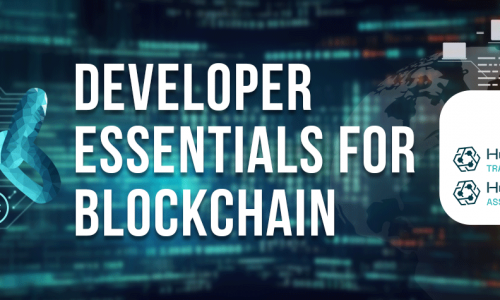ABOUT CERTIFIED BLOCKCHAIN ASSOCIATE PROGRAM
Certified Blockchain Associate (CBA) is the flagship certification program offered by Kerala Blockchain Academy in collaboration with MLG Blockchain, Canada. The blockchain course is a first of its kind, providing a complete tour of the blockchain fundamentals for any new learner. The blockchain beginner program aims to simplify the daunting task of learning blockchain. Accommodating the latest happenings in the blockchain space, CBA is a perfect starting point for beginners to advance their careers in the blockchain ecosystem. While the major share of content is theoretical, the key concepts are delivered through videos, demos, and hands-on exercises. The blockchain beginner program provides learners with a broad overview of the essential concepts of blockchain technology and the foundation necessary for developing applications and programs in multiple blockchain domains.
The blockchain course is a prerequisite for the advanced developer blockchain programs offered by KBA, such as Certified Ethereum Developer (CED) and Certified Hyperledger Fabric Developer (CHF).
WHO CAN ENROL?
The course is designed to be non-technical; therefore, it should be accessible to anyone with a basic understanding of web technologies. It serves as an introductory course of blockchain for students and professionals helping them understand the basic principles, concepts, potentials and technologies underlying blockchain. The course provides a high-level overview of the primary dimensions of the technology that people from any background can develop the critical skills needed to future-proof their career in blockchain.
WHAT WILL YOU LEARN?
- Contemporary blockchain concepts like the evolution of currency and ledgers.
- Principles and technologies underlying blockchain, including Hashing, Merkle trees, Public-Key Cryptography, Digital Signatures, Transactions and more.
- Difference between a Blockchain and a Distributed Ledger Technology. Different types of Distributed Ledgers Technologies.
- Difference between a Traditional Transaction and a Blockchain Transaction. How blockchain supersedes traditional architecture.
- A high-level overview of Bitcoin blockchain. Understanding Bitcoin working, Consensus Algorithms, Proof of Work, Mining, Cryptographic Puzzle, Concept of Difficulty, and Blockchain Limitations.
- A brief introduction to Ethereum and other programmable blockchains. Its importance, working, components, consensus algorithms, Proof of Stake, Delegated Proof of Stake.
- The theory behind Smart Contracts. How to deploy a simple Smart Contract in Ethereum blockchain.
- Need for Permissioned blockchains in businesses. Role of Linux Foundation and R3 Consortium in crafting private distributed ledger technologies. Introduction to Hyperledger projects, tools and libraries. Demo on Hyperledger projects.
- The theory behind Corda, its components and working.
- Introduction to technologies complementing blockchain.
- The far-reaching implications of blockchain for society and the economy.
- Practical use-cases of blockchain in industry sectors such as Healthcare, Supply chain, Governance, Banking, and more.
Course Features
- Lectures 97
- Quizzes 6
- Duration Lifetime access
- Skill level Beginner
- Language English
- Students 1508
- Certificate Yes
- Assessments Self


